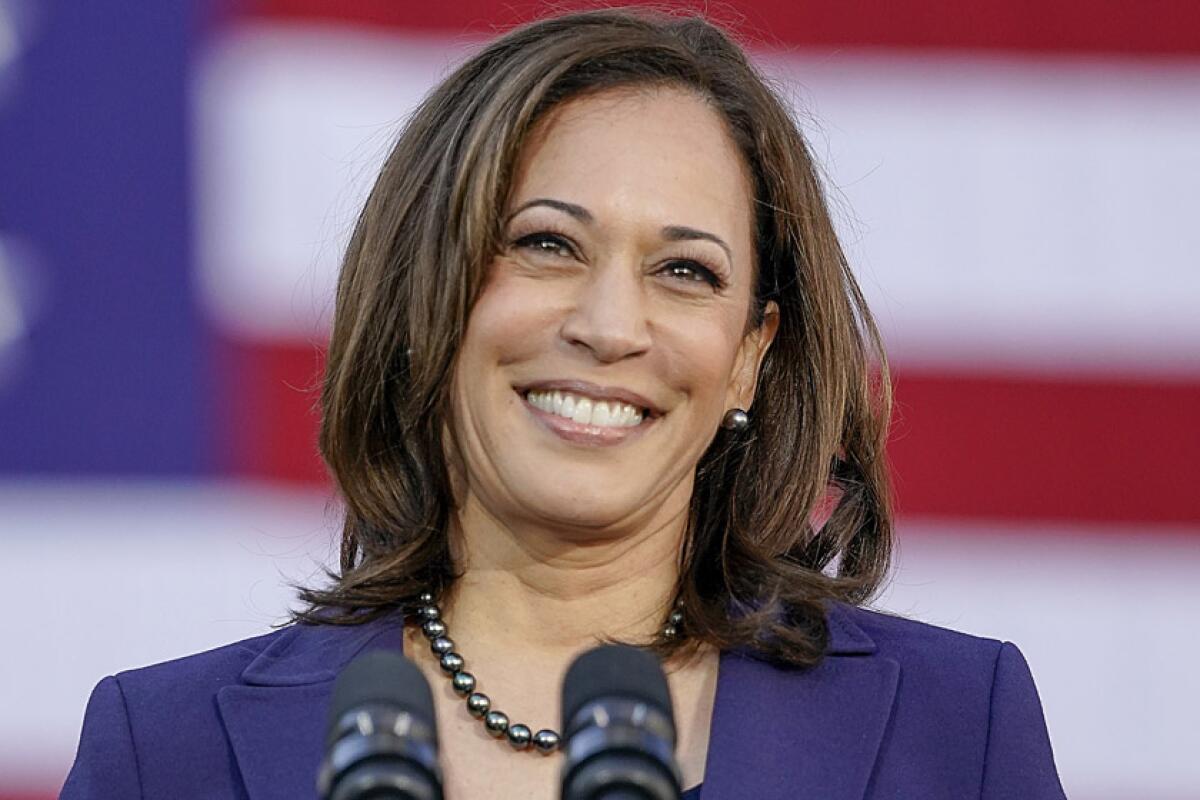Kamala Harris Meme Coin Surges After Biden’s Endorsement
22.07.2024 13:00 1 min. read Alexander Stefanov
After President Joe Biden endorsed Kamala Harris for the presidency, the crypto market swiftly reacted. Traders seized the moment by launching a wave of new tokens satirizing both Harris and Biden.
The meme coin inspired by Kamala Harris, known as KAMA, soared to record highs following Biden’s withdrawal from the presidential race. This surge came immediately after the announcement, with KAMA’s value jumping to 0.0024 cents within minutes.
The coin’s market cap now stands at $24 million, making it nearly four times larger than its Biden-inspired counterpart, BODEN, which has plummeted by almost 50%.
KAMA’s rise can be linked to Biden’s endorsement and broader trends in the crypto market. Meme coins, despite their volatility, continue to attract investors. Solana’s blockchain, known for scalability and low transaction costs, has become a popular platform for these tokens, facilitating rapid trading and liquidity.
Kamala Harris acknowledged her campaign’s momentum and Biden’s endorsement, stating her commitment to unifying the Democratic Party and the nation. Meanwhile, the rapid rise of KAMA highlights the growing connection between global politics and the digital currency space.
However, like many meme coins, KAMA carries significant risks, with potential for both quick returns and sudden crashes. Whether KAMA will sustain its prominence or fade remains to be seen.
-
1
Here is How Ethereum Can Change Wall Street, According to ETH Co-founder
09.07.2025 10:00 2 min. read -
2
PENGU Doubles in a Week as New Solana Presale is Tipped as the Best Meme Coin to Buy
17.07.2025 1:30 4 min. read -
3
Binance Could Introduce Golden Visa Option for BNB Investors Inspired by TON
07.07.2025 8:00 1 min. read -
4
Ethereum and Solana 2025 Update: Upgrades, Growth, and What’s next
12.07.2025 14:30 2 min. read -
5
Pepe Price Prediction: PEPE Could Rise Another 10% If It Breaks This Key Level
16.07.2025 17:26 3 min. read
Solana Plans 66% Block Upgrade to Boost Network Capacity
Solana developers have introduced a new proposal aimed at pushing the network’s performance even further.
Societe Generale Backs Bitcoin and Ethereum ETP Expansion
French banking giant Societe Generale has entered the crypto space more directly, forming a strategic partnership with 21Shares.
Toncoin Treasury Launch: Ton Foundation and Kingsway Raise $400 Million
Toncoin is about to get a major institutional boost. The Ton Foundation and Kingsway Capital have teamed up on a bold initiative: raise $400 million to create a crypto treasury entity focused entirely on Toncoin.
Pepe Price Prediction: Legendary PEPE Bull Claims It Can Rise by 40X Next
The legendary trader who once turned a $7,600 investment into $25 million by betting on Pepe (PEPE) once it was on no one’s radar claims that this same meme coin could rise by 40X soon. This bullish Pepe price prediction was shared by James Wynn via his social media account on X – currently followed […]
-
1
Here is How Ethereum Can Change Wall Street, According to ETH Co-founder
09.07.2025 10:00 2 min. read -
2
PENGU Doubles in a Week as New Solana Presale is Tipped as the Best Meme Coin to Buy
17.07.2025 1:30 4 min. read -
3
Binance Could Introduce Golden Visa Option for BNB Investors Inspired by TON
07.07.2025 8:00 1 min. read -
4
Ethereum and Solana 2025 Update: Upgrades, Growth, and What’s next
12.07.2025 14:30 2 min. read -
5
Pepe Price Prediction: PEPE Could Rise Another 10% If It Breaks This Key Level
16.07.2025 17:26 3 min. read


